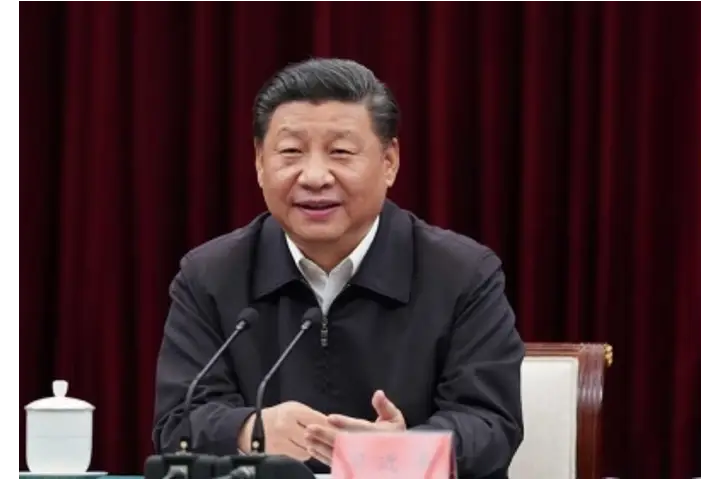As the world now gradually opens up, learning to “co-exist” with Covid 19, China, despite vaccinating 75 per cent of its population, has reimposed strict lockdowns in a few provinces to eradicate the virus. This has led to many questioning the efficacy of the move.
A report by the New York Times said that China is now the only country still chasing full eradication of the virus. “But experts — both in China and abroad — have warned that the approach is unsustainable. China may find itself increasingly isolated, diplomatically and economically, at a time when global public opinion is hardening against it,” the report said.
“It is not that the number (in China) has risen to a level that is unmanageable, just a few new cases…for this to impose such harsh lockdowns is uncalled for as now we are more confident of being able to co-exist with this virus,” an Indian entrepreneur who has business dealings with China, told India Narrative.
Also read: China's lockdowns to contain Covid resurgence could further dampen the economy
The New York Times report noted that while in the initial phase, countries adopted a zero-Covid approach with stringent lockdowns, now with the virus dragging into its second year, and “with the onset of the far more contagious Delta variant, countries are again reconsidering their strategies,” it said.
US based doctor and Covid 19 expert Faheem Younus in his tweet earlier said that the aim should be to make Covid 19 irrelevant through vaccination as it will not be possible to eradicate the virus.
According to the American media firm, National Public Radio or NPR, the anti-virus measures within China are even more strict for residents than for international travelers entering the country. “The appearance of a single delta case can get an entire city locked down,” it said, adding the prioritization of total virus containment has come at the expense of cultural, commercial and intellectual ties to the world.




















